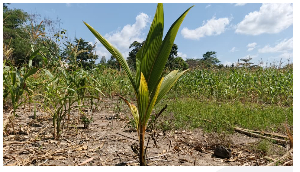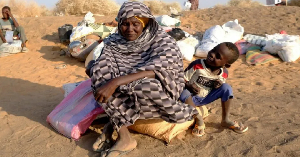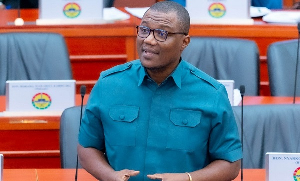Accra, April 3, GNA - Vice President John Dramani Mahama on Thursday called for strong leadership from West African leaders in tackling the problem of human trafficking in the sub-region. He said while aspects of the negative practice had a cultural dimension which can be eradicated through long-term advocacy efforts, there must be greater commitment to dealing with the commercial aspect of the problem.
Vice President Mahama made these remarks when interacting with West African Ministers currently meeting in Accra to formulate a common policy on rehabilitating victims of human trafficking. Under the auspices of the ECOWAS Commission, the meeting sought to formulate a framework on the mode of assistance and support that must be extended to trafficked persons, particularly children, in order to facilitate their re-integration into society, without further dislocation to their educational and health needs.
Vice President Mahama said human trafficking was a serious problem and pledged the commitment of government to deal with the scourge with a firm hand as part of its dedication to protect the rights of citizens. He was particularly worried about the dehumanizing treatment often meted to trafficked children and called for greater collaboration between state and non-state actors to deal with the issue. He said the unfortunate aspect of the problem was the fact that some perpetrators of the crime were unaware that their activities had been outlawed.
Dr Adrienne Yande Diop, ECOWAS Commissioner for Human Development and Gender, said he appreciated the efforts Ghana had made in dealing with the problem but stressed the need for the momentum to be sustained. Madam Sena Akua Dansua, Minster for Women and Children's Affairs, said her outfit would work assiduously to bring respite to trafficked children and ensure that their future was not scuttled. Human trafficking, particularly child trafficking, has in recent times emerged as a social problem confronting Ghana and though government has moved to outlaw the practice, it is still practised in many fishing and farming communities.
Often, mothers claiming to be in financial difficulty give up their wards to unsuspecting agents who commercially traffic them to people engaged in hazardous tasks such as fishing.
General News of Friday, 3 April 2009
Source: GNA












